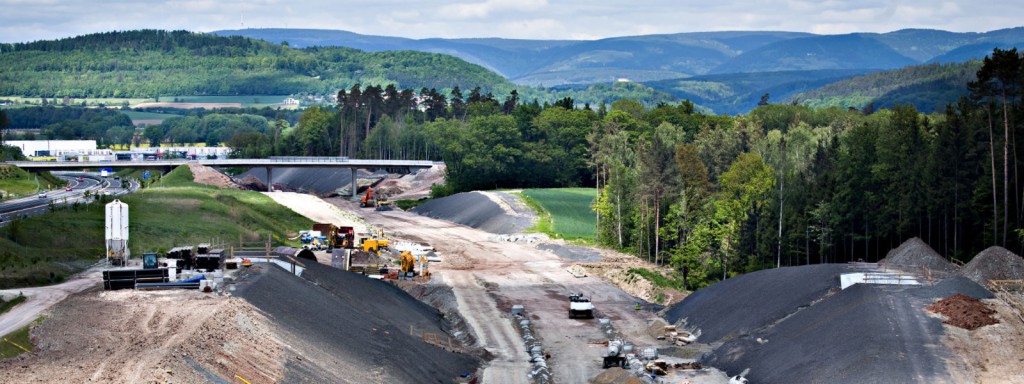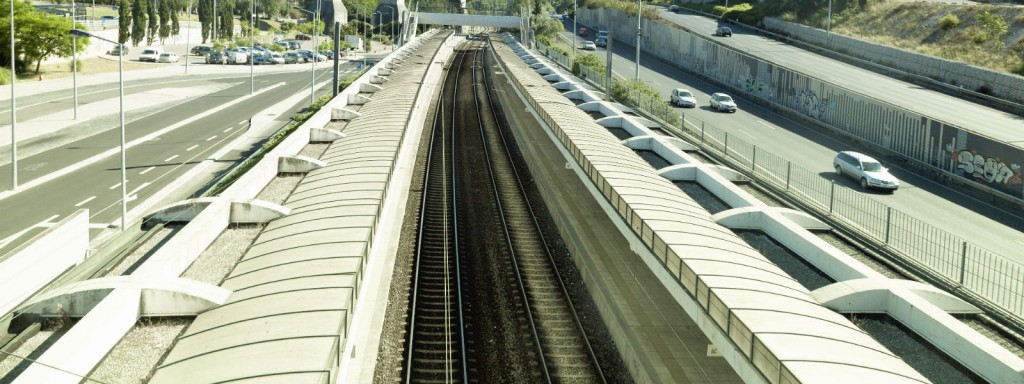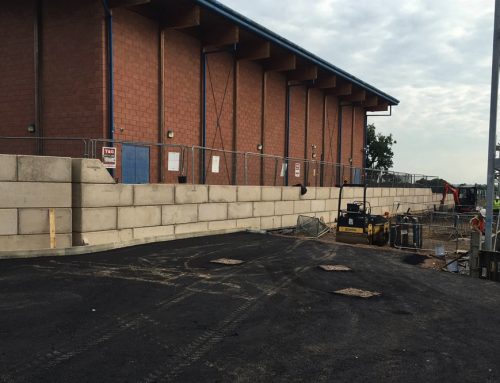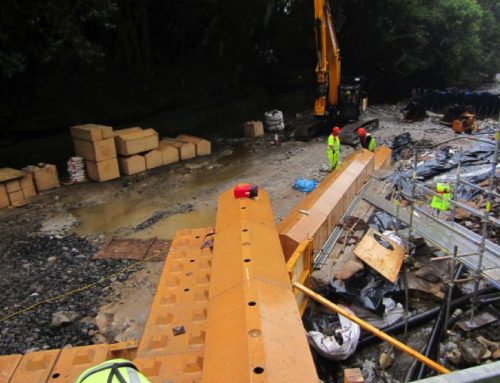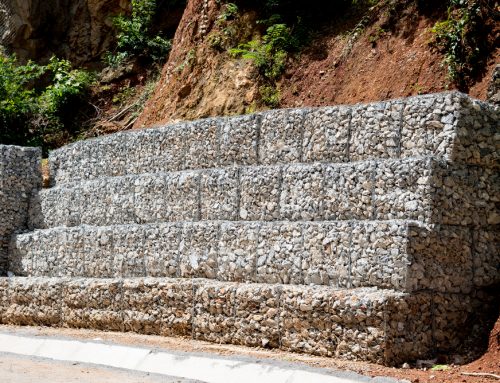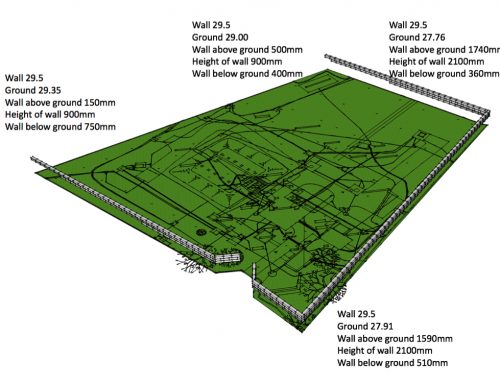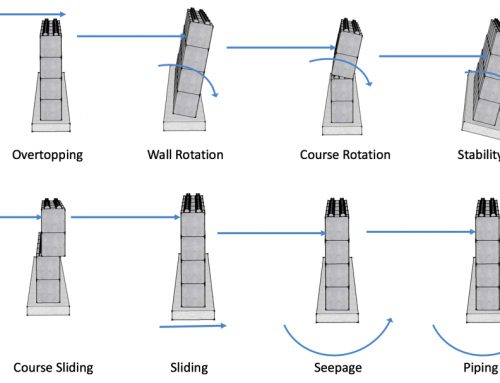How To Boost UK GDP Using The Circular Economy
The business case to develop six strategies to boost the UK GDP using the circular economy has the potential to contribute £29 billion (1.8% GDP and create 175,000 new jobs in the UK.
- Landfill tax savings – £2.4 bn
- The value of commodities and imports £23.7 bn
- Energy values £1.1b
- Focused energy initiatives £0.9 bn
- Products to services including imports £3.1 bn
- Existing contribution of waste management to UK GDP £-2.2 bn
How can Block Walls get involved in The Circular Economy?
BlockWalls offer a unique recycling solution whereby a client’s waste materials can be recycled and used to create solid concrete blocks. Typically used in recycling plants to construct segregation bays; this innovation demonstrates a unique approach to delivering the vision for a “circular economy.” A very topical buzzword at the moment so Bob Evans Managing Director of Block Walls decided to find out more.
What is a circular economy?
So what is a circular economy exactly? WRAP (Waste & Resources Action Programme) work between industry and the Government in order to facilitate and advise businesses whilst developing new initiatives with the aim to use UK resources more sustainably. They influence organisations throughout the supply chain and pass on their insight to consumers in order to educate households on the role individuals can play in achieving the recycling and waste reduction targets set by Government. WRAP’s take on the circular economy is that it involves keeping products and resources in use for as long as possible through recovery, reuse, repair, remanufacturing and recycling. In addition to protecting the environment, this potentially offers substantial economic benefits
So what are the benefits?
The findings from recent projects conducted by WRAP and The Green Alliance identified a number of tangible benefits had been realised by creating a truly circular model.
Benefits of a circular economy include:
- Waste Reduction
- Resource productivity
- Address future resource issues
- Reduce environmental impact
- Recycling sector generates over £10 bn and employs 30,000 people
What more can be achieved?
After searching for information on various strategies used to deliver a “circular economy” I stumbled on a report commissioned by Veolia and written by Imperial College London “Down Load The Report”. In it they claim a circular economy could create £29 Billion (1.8%) of GDP in the UK. The contribution to GDP was calculated by focusing on six strategies: Landfill tax savings, value of commodities and imports, energy values, chemical initiatives, value of switching products to services and finally waste management.
Taking plastic bags as an example of one product/waste stream that is recycled via a closed-loop solution to refuse sacks. The concept of a circular economy can be explained. ICL identified in England alone, over 8 billion plastic carrier bags are used each year, of which a large percentage end up in landfill sites where they take a long time to decompose. Although England is due to follow in the footsteps of Ireland, Wales and Scotland when it introduces its mandatory charge for single use plastic bags, the problem is still a big one.
Veolia have developed a process to collect used carrier bags from retailers and take them to a recycling partner. The bags are then washed, processed, turned into pellets and made into bin bags. The bags are then delivered back to the local authority region they came from.
If you imagine the potential for following such closed loop cycles for other waste streams the opportunity to devise truly local solutions is plain to see. Especially as the UK recycling industry is growing and constantly refining existing processes and introducing new technology every year.
Veolia commissioned the report by Imperial College and were amazed by the results. Stating the findings “have far exceeded our expectations in terms of GDP and employment.”
They conclude by urging organisations to “embrace the circular revolution” in order to make considerable savings in the future. Veolia’s strategy is to tailor solutions to individual businesses and market sectors.
The question is how can you do this and make a profit?
The ICL report states “the demand for raw materials has seen exponential growth with a fast-expanding global population and rising standards of living. However resources on which we all rely are depleting fast. The circular economy is the industrial revolution for a new generation designed to address the current “throw-away economy” and put more value on resources.”
That’s all very well but “It’s all about the bottom line” I hear you cry. Veolia go on to claim the circular economy saves resources and saves money if set up in the right way. There are some big global numbers floating about the ether but no real analysis of the potential gains to be made in the UK. However Veolia’s joint authors the Imperial College London outline the business case for adopting a circular economy.
“The results demonstrate that using resources in a closed loop system has the potential to contribute £29 billion (1.8%) of GDP and create 175,000 new jobs in the UK. The contribution to GDP, as a result of a transition to a circular economy.
Back to the walls
WRAP and Zero Waste Scotland have various initiatives aimed at increasing capacity for reclaiming and recycling non-inert fractions of construction and demolition waste.
Pre-cast concrete
Pre-cast concrete has been extensively used for over 150 years. It is used for the construction of various structures and buildings, from railway sleepers to bridges. The use of pre-cast elements reduces the requirements for conventional onsite shutters and temporary supports that often generate significant amounts of waste. It has been calculated in a previous WRAP report that the use of pre-cast concrete has the potential to reduce the generation of waste on construction sites by up to 50% compared to traditional construction.
The concrete block industry contribute to the circular economy by adapting the manufacturing process and include the use harvested rain water, collect wasted concrete and recycle it into the concrete mix. Block Walls have taken this one stage further by utilising hardened concrete waste and aggregates to produce recycled interlocking blocks.
Geopolymer concrete is our core material as it allows us to offer a high specification at an economic price. Manufactured using 87% recycled materials, only 60kg of carbon is used in its manufacture compared to 232kg of normal concrete. Saving the equivalent carbon emissions generated by driving 500 miles in a car.
Our Block Walls can be used to form aggregate bays, which act as segregation for materials used by builders’ merchants or for recycling waste in waste transfer depots. Alternatively they can be used to form retaining walls to create temporary buildings or even flood defences.
Uniquely we are developing a closed loop process that can take waste material such as glass, ash or other waste streams to produce a geo-concrete for use in new blocks. The blocks produced are to be used by the waste stream owner; therefore completing the loop and gaining real value from their own waste-streams. Commercial benefits include the reduction in landfill tax. click here to find out how our Concrete block solutions could be the answer to a more sustainable society
Notes on sourced material: Veolia is a global organisation employing 187,000 employees across the world; who are tasked with contributing directly to the sustainability performance of customers in the public and private sectors. In the UK Veolia provides a comprehensive range of waste, water and energy management services designed to build the circular economy and preserve scarce raw materials. The Green Alliance is a not-for-profit organisation that generates an independent view through a think tank structure. For over 35 years they have lobbied and influenced local and national Government to support environmental solutions in the UK.

